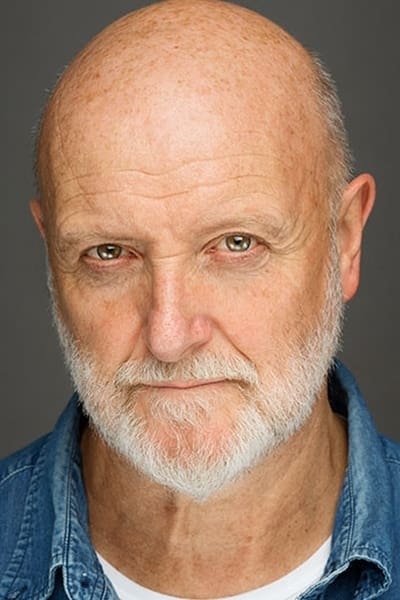
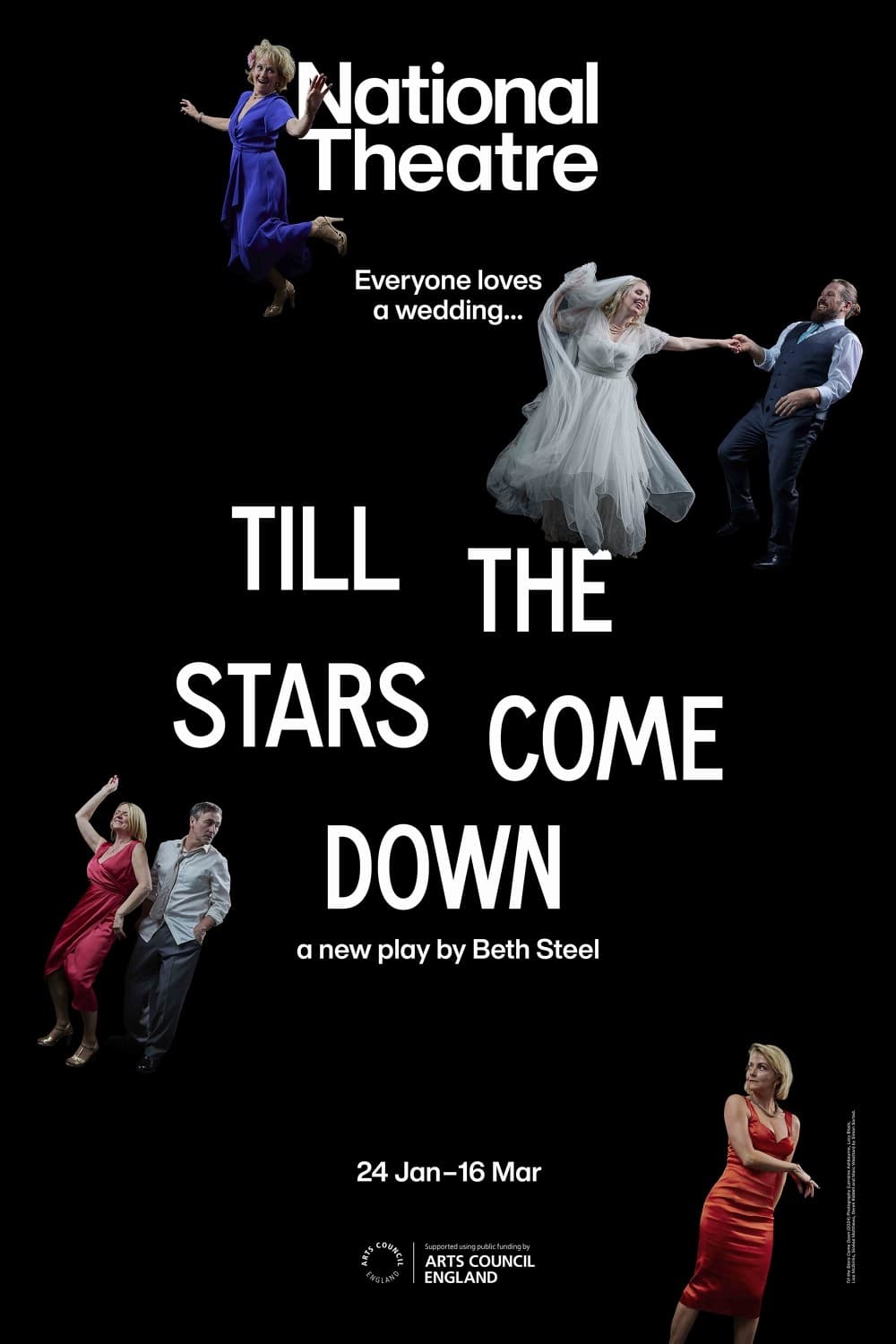
It’s Sylvia and Marek’s wedding and you are all invited. Over the course of a hot summer’s day, a family gathers to welcome a newcomer into their midst. But as the vodka flows and dances are shared, passions boil over and the limits of love are tested. What happens when the happiest day of your life opens the door to a new, frightening and uncertain future?
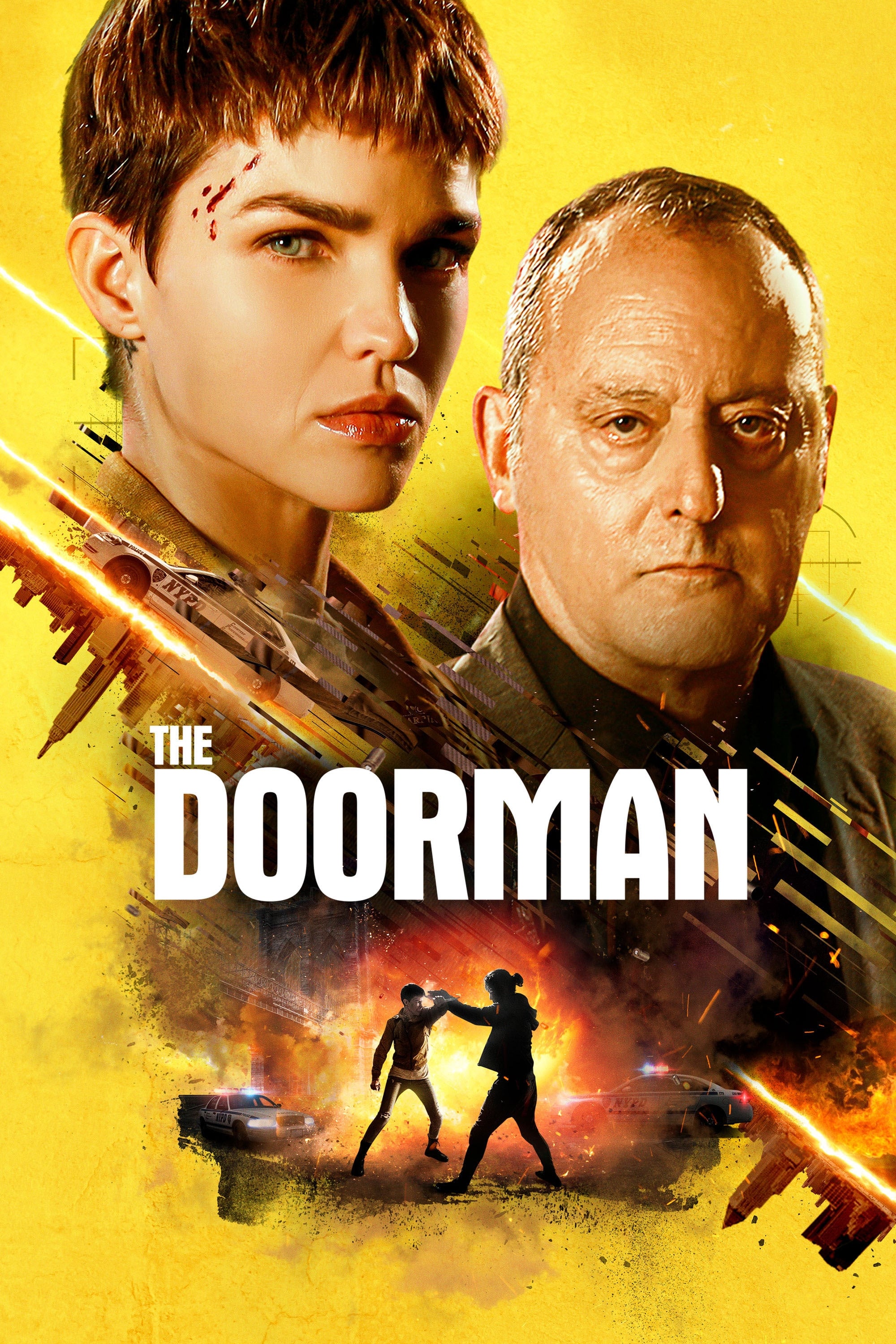
A former Marine turned doorman at a luxury New York City high-rise must outsmart and battle a group of art thieves and their ruthless leader — while struggling to protect her sister's family. As the thieves become increasingly desperate and violent, the doorman calls upon her deadly fighting skills to end the showdown.
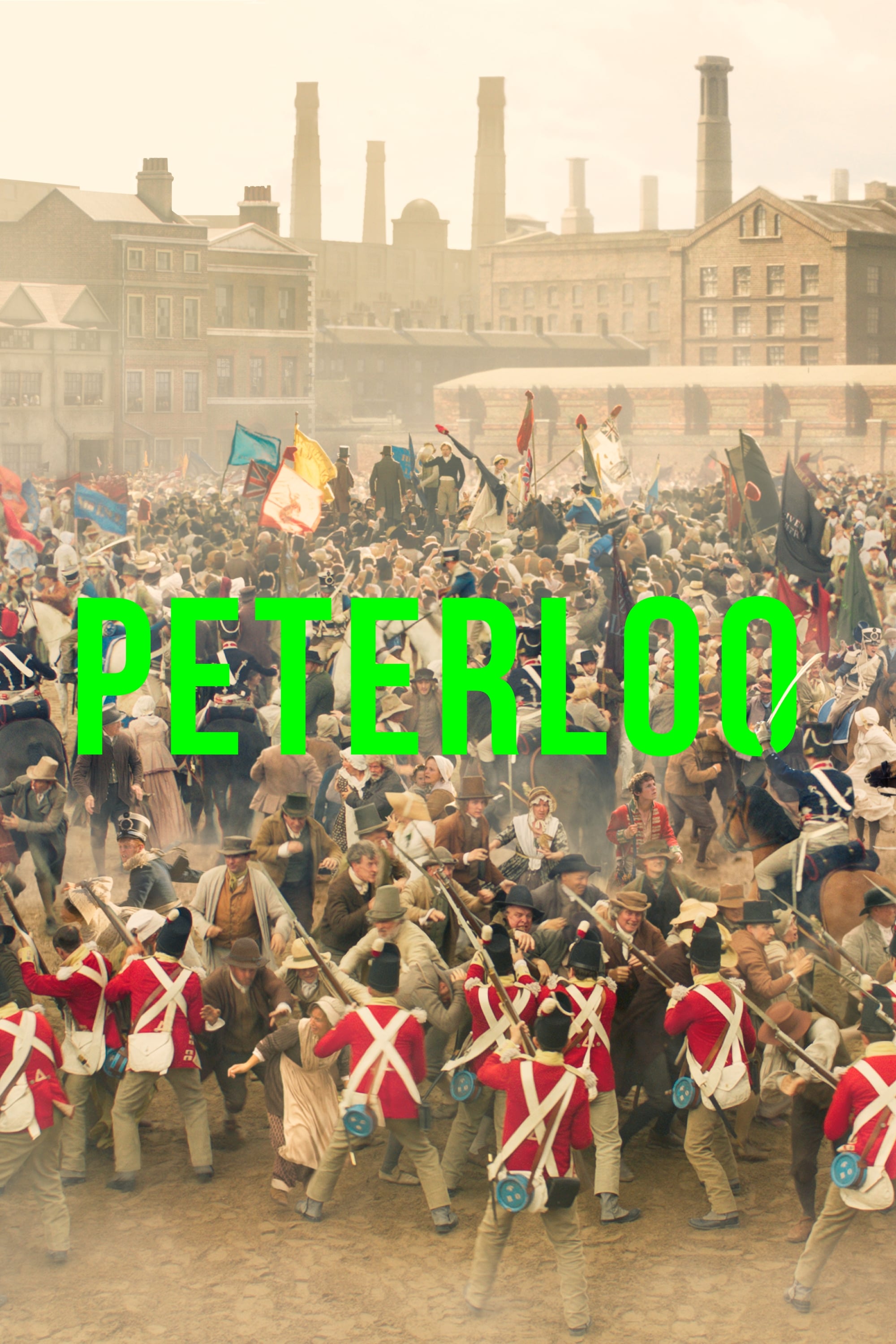
An epic portrayal of the events surrounding the infamous 1819 Peterloo Massacre, where a peaceful pro-democracy rally at St Peter’s Field in Manchester turned into one of the bloodiest and most notorious episodes in British history. The massacre saw British government forces charge into a crowd of over 60,000 that had gathered to demand political reforms and protest against rising levels of poverty.

Don Warrington stars as the tragic monarch in this acclaimed version of the Shakespeare play recorded at the Royal Exchange Theatre in Manchester.

My Hero is a BBC sitcom created by Paul Mendelson. The programme ran for six series, first broadcast in February 2000, and concluding in September 2006. The series follows the antics of the dim-witted superhero "Thermoman", portrayed by Ardal O'Hanlon in series one to five and by James Dreyfus in the final series. The series was regularly directed by John Stroud. In the UK, the digital channel Gold regularly re-runs the programme, although the last series has yet to appear on the channel. In the United States it was shown on PBS and, briefly, BBC America. In Australia, UKTV offered re-runs of the first three series, while BBC Entertainment provided repeats for Scandinavia.
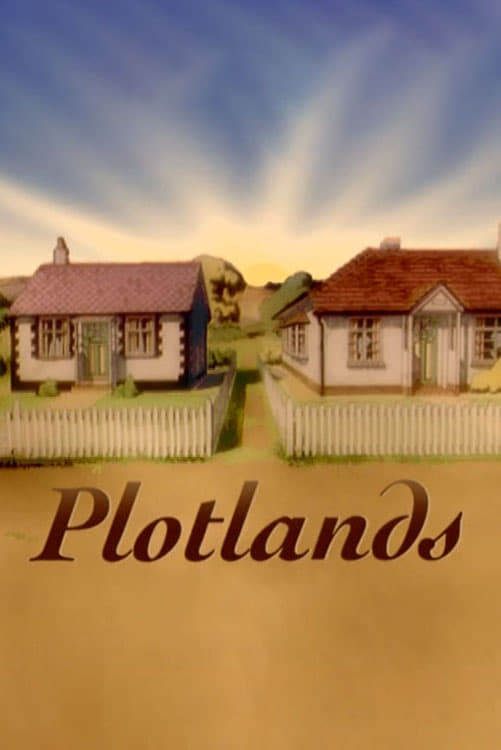
Sold a small plot of land for a tiny outlay, Cockney widow Chloe Marsh and her two daughters flee the slums of post-war London for a better life in the country. But rural life in 1922 is hard. Chloe and her fellow pioneers have no mains water, no gas, no electricity, and no jobs. Forced to live in tents until they can afford a shack, they carve a community out of the hostile countryside.
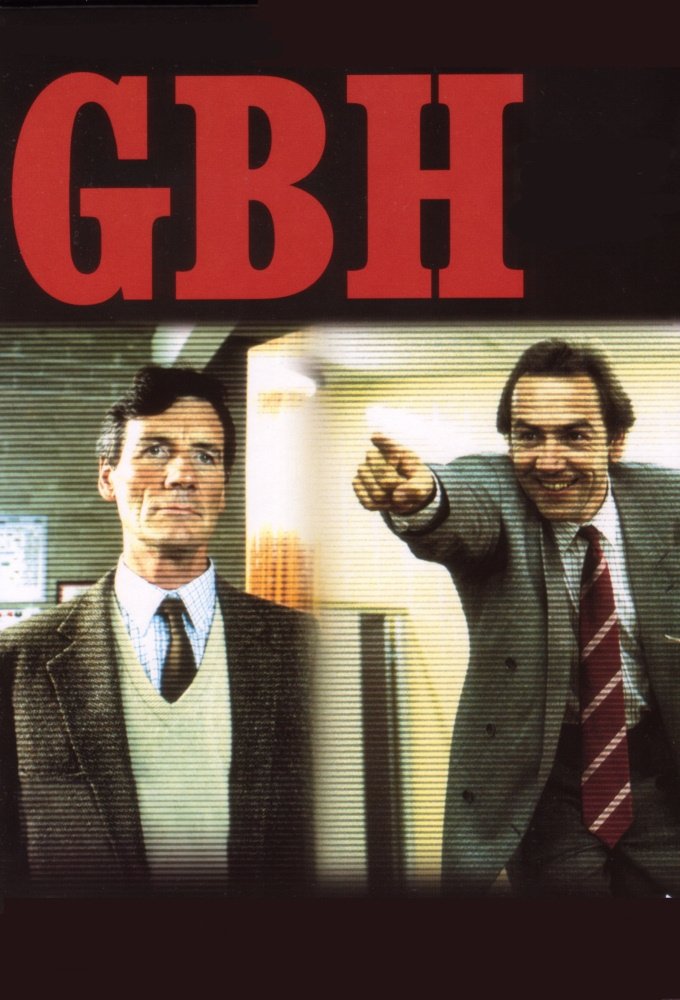
GBH was a seven-part British television drama written by Alan Bleasdale shown in the summer of 1991 on Channel 4. The protagonists were Michael Murray, the Militant tendency-supporting Labour leader of a city council in the North of England and Jim Nelson, the headmaster of a school for disturbed children. The series was controversial partly because Murray appeared to be based on Derek Hatton, former Deputy Leader of Liverpool City Council — in an interview in the G.B.H. DVD Bleasdale recounts an accidental meeting with Hatton before the series, who indicates that he has caught wind of Bleasdale's intentions but does not mind as long as the actor playing him is "handsome". In normal parlance, the initials "GBH" refer to the criminal charge of grievous bodily harm - however, the actual intent of the letters is that it is supposed to stand for Great British Holiday.
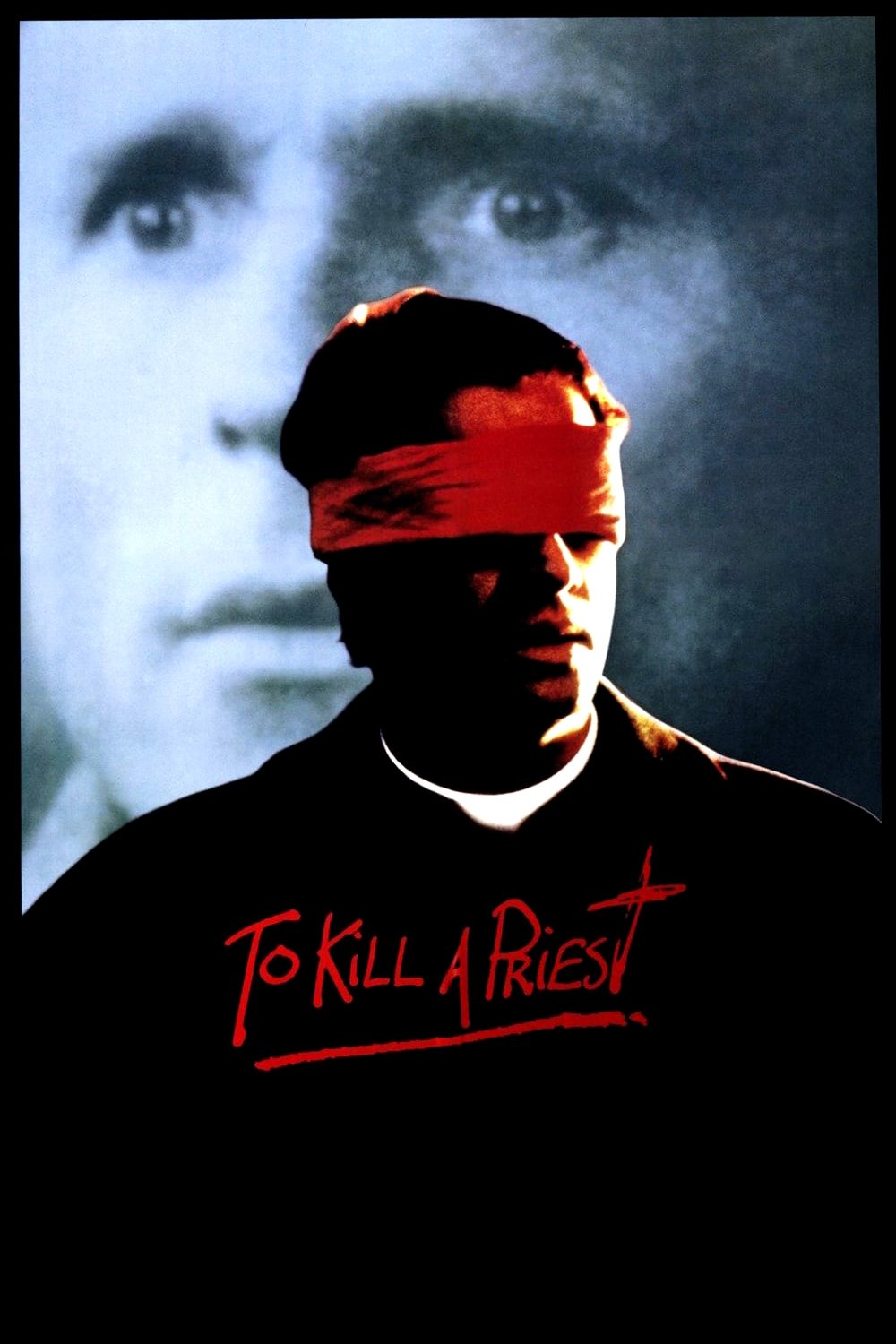
A young priest speaks out against the Communist regime in Poland and is killed for it.
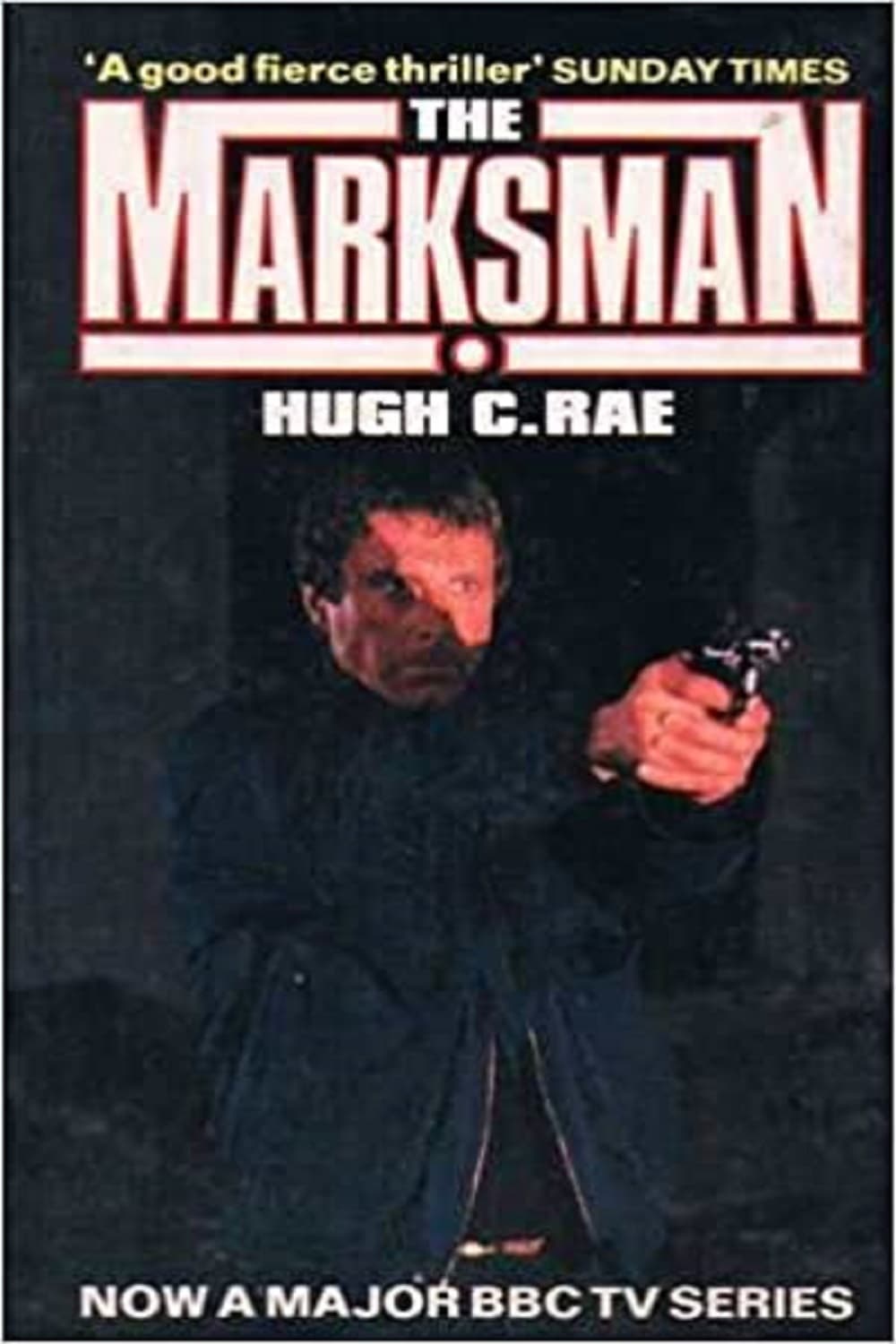
Twelve-year-old Gordon Weaver is killed on waste-ground in Liverpool. His grandfather, Doyle, sends for the boy's father, who returns from Spain to search for the killers. He goes to an old friend to obtain finance for his stay, and gets involved in a raid on a city club owner.

A reporter named Mullen 'stumbles' onto a story linking a prominent Member of Parliament to a KGB agent and a near-nuclear disaster involving a teenage runaway and a U.S. Air Force base. Has there been a Government cover-up? Mullen teams up with Vernon Bayliss, an old hack, and Nina Beckam, the MP's assistant, to find out the truth.
By browsing this website, you accept our cookies policy.